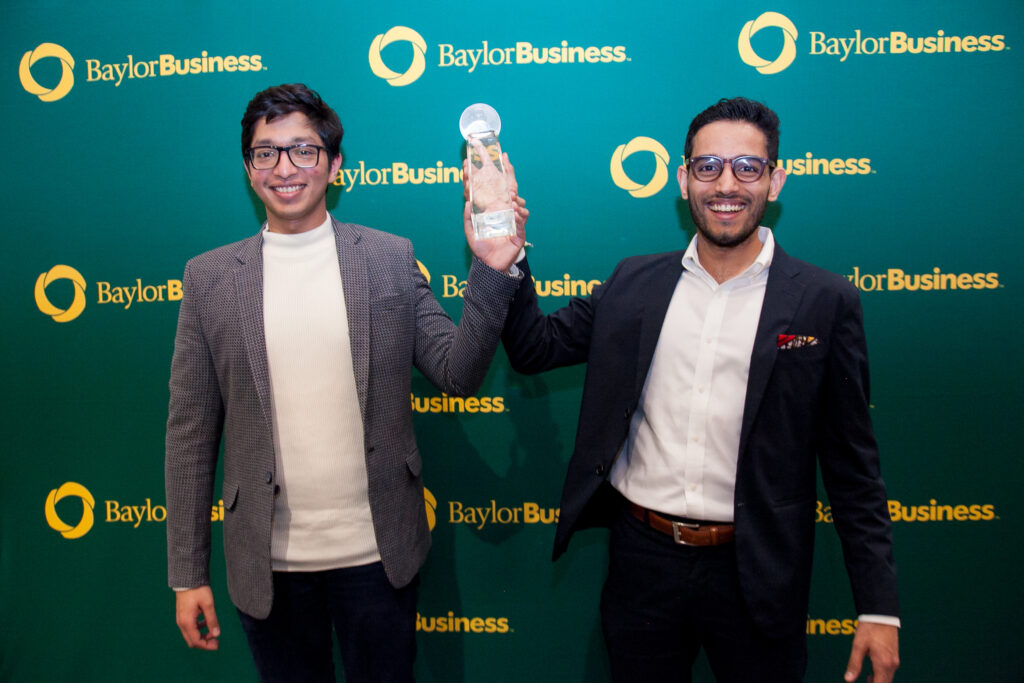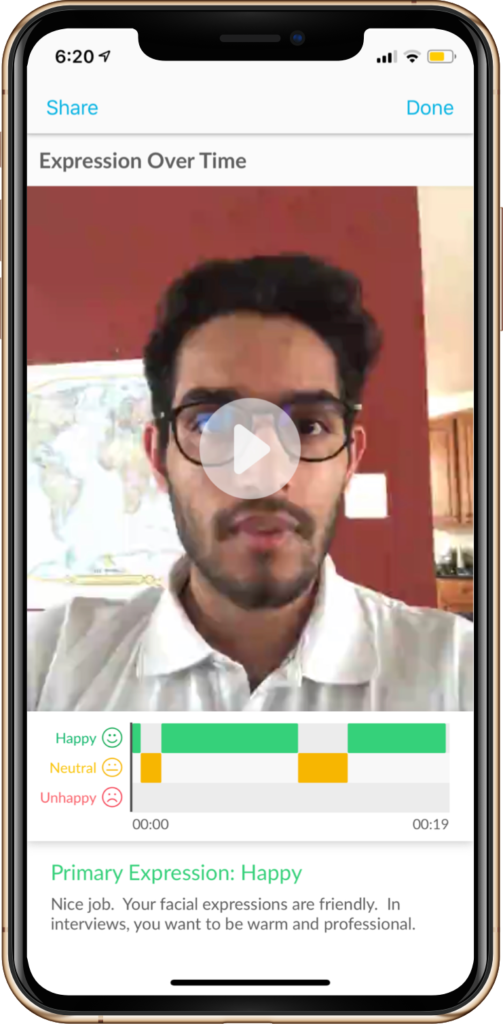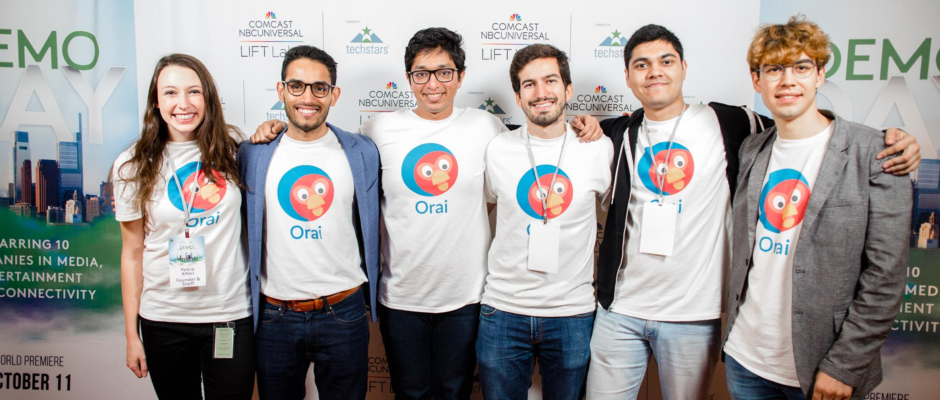Only a few years ago, as a Drexel University student intern, Paritosh Gupta got some advice from his manager.
“She said, ‘Paritosh, you can be the smartest engineer in the room, but if you don’t learn how to communicate clearly and confidently, you’re putting a glass ceiling on your head,'” he recalls. “‘You’ll never become a manager. You’ll never become a leader.'”
That guidance led Gupta and another Drexel undergrad, Danish Dhamani, to found Orai. The mobile speaking coach uses artificial intelligence to train users worldwide, making their presentations and speaking style more confident, compelling and concise.

“High-quality speech coaching [was] only available to executives and senior managers,” says Gupta. “We challenged ourselves to find a way to make this crucial business skill accessible to anyone, anywhere in the world.”
The team started by talking with speech coaches and linguistics experts, learning about how they give feedback. They supplemented that information with a healthy diet of research papers and data experiments. Eventually, the founders outlined five core factors that will help people improve. Fast forward two years and the core factors have helped thousands of people across the globe improve their communication skills.
We challenged ourselves to find a way to make this crucial business skill accessible to anyone, anywhere in the world.Paritosh Gupta, Orai
Starting as student entrepreneurs offered both advantages and challenges.
“There are many things you don’t know because of limited experience,” says Gupta. “You also end up making mistakes that waste a lot of time.”
Still, he adds, “it’s easier to access subject matter experts by simply reaching out to them cold via email or LinkedIn and asking for help as student entrepreneurs. Also, being very naive, we felt like we could build and accomplish anything we put our minds towards. This allows you to dream bigger and not limit yourself based on technical and other limitations. Lastly, [we had] access to student business plan competitions as a source of alternative funding.”

Indeed, Orai won numerous startup competitions including awards from Campus Philly, Drexel, and the University of Pittsburgh, and participated in the Philly Startup Leaders Accelerator Program and Comcast’s LIFT Labs Techstars Accelerator Program.
“At our first pitch competition, we won $50 and we were super proud of that,” recalls Gupta. “Over time, as our skills and business grew, we participated in more advanced competitions; the highest prize money we won was $25,000 cash.”
Since then, Orai has secured venture capital from key investors including Comcast Ventures, Menlo Ventures, Newark Venture Partners, BDMI, Prototype Capital, Techstars and Ben Franklin Technology Partners. The company has grown to 12 employees and the app been downloaded 200,000 times. Orai is available via its website and at the Apple App Store and Google Play Store.
Meanwhile, the company continues to develop its technology.
“What if Orai could tell you the appropriate pace of speaking based on different scenarios — a one-on-one conversation with a boss versus a conference call with 10 people?” asks Gupta. “We’re also working on expanding our metrics beyond just verbal communication and venture into non-verbals like body language.”
For Gupta, that manager’s advice still resonates.
“I realized that with some effort anyone can sound more confident and anyone can learn how to speak more effectively,” he says. “And back at work, I broke through. I was getting more airtime with senior decision-makers, more buy-in for my ideas. This is not just a soft skill, this is a crucial business skill for everyone.”
ELISE VIDER is news editor of Keystone Edge.


